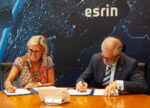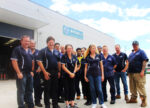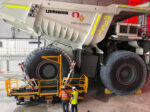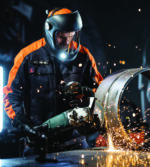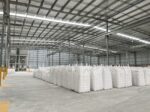New report maps Australia’s emerging ‘Silicon Valleys’
The report, ‘The geography of Australia’s digital industries’, released by CSIRO and the Technology Council of Australia reveals emerging tech hubs in Australia. Australia’s digital technology clusters have been mapped and analysed on a national scale for the first time as part of a new report released today by Australia’s national science agency, CSIRO, and the Tech Council of Australia. The report, ‘The geography of Australia’s digital industries’, explores how the geographical concentration of innovation – like Silicon Valley in California – boosts growth and productivity. The report brings together rich data from across the nation to map and describe the range of digital technology clusters currently developing. It found there are 96 digital clusters across Australia, located in every state and territory. These clusters are engines of growth, accounting for 63 per cent of all tech job creation in Australia, even though they cover only 4 per cent of Australia’s geographic area. The report also found there are three types of clusters in Australia. Australia has four superclusters, which are mega groupings of multiple clusters in the same city: the Sydney arc, the Melbourne diamond, the Brisbane corridor, and the Canberra triangle. CSIRO’s acting Chief Executive Kirsten Rose said that understanding these patterns was important as international research shows their many benefits. “The experience globally has shown that firms in clusters grow, employ and innovate at a faster rate,” she said. “We know comparatively little about this in Australia, but what this report tells us very clearly is that geography matters and understanding that geography can help us catalyse growth.” An aerial view of the Tech Central Innovation District in Sydney, showing future-planned buildings. Image courtesy of the Greater Cities Commission of the New South Wales Government. Lead report author and CSIRO principal researcher Dr Stefan Hajkowicz said the report identified […]



